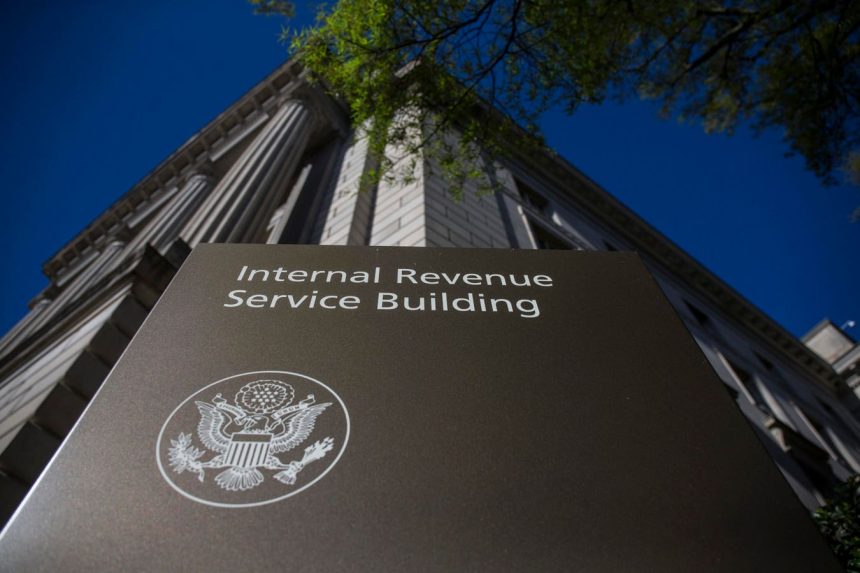Since the birth of the U.S. tax system more than a century ago, taxpayers have made purposeful attempts to avoid paying taxes that they lawfully owe. In a standard case, a taxpayer may seek to reduce his or her tax liabilities through omitting income or inflating deductions, or both. Taxpayers who engage in these activities run significant risks of exposure to criminal and civil penalties.
The IRS has made it known that it will go after taxpayers for civil fraud penalties where it believes there are sufficient facts to support a fraud finding. For example, in the recent Tax Court decision of Muhammad v. Commissioner, T.C. Memo. 2023-124, the IRS sought to impose a 75% fraud penalty against an IRS employee who ran a “professional services business” on the side. Muhammad’s employment with the IRS was no doubt a substantial consideration weighed by the IRS in determining whether to assert civil fraud penalties.
But if the IRS was on the fence on this fact alone, other facts present in Muhammad likely cemented the decision to impose fraud penalties. For example, when the IRS selected Muhammad’s 2017 and 2018 tax returns for examination, he declined to provide books and records to substantiate the amounts that he claimed on Schedules C. After summonsing bank records and performing a bank-deposit analysis, the IRS determined that Muhammad had omitted gross receipts for both years and had not substantiated the deductions. Because he was an IRS employee and former tax preparer with a law degree, the IRS apparently believed that Muhammad had purposely omitted the gross receipts and claimed false deductions with the intent to evade taxes. Accordingly, the IRS issued a notice of deficiency to Muhammad at the conclusion of the examination contending, among other things, that he was liable for civil fraud penalties for both 2017 and 2018.
You would be wrong if you think that things could not get worse for Muhammad. After he filed a timely petition with the Tax Court, the IRS filed its Answer. In the Answer, the IRS made affirmative allegations against Muhammad to support its fraud determination, including that Muhammad: (1) was uncooperative during the IRS examination; (2) failed to provide accurate books and records related to his Schedule C business; and (3) was aware of the requirement to maintain books and records to substantiate items on his tax returns because of his IRS employment and prior experience preparing tax returns. Generally, these allegations would not be a problem. However, Muhammad failed to timely file a reply denying the allegations. The IRS successfully moved to have the harmful allegations deemed admitted. In other words, under the Tax Court’s rules, the Tax Court would accept those allegations as true for purposes of the proceeding.
Armed with the deemed admissions, the IRS moved for summary judgment against Muhammad on the civil fraud penalties. Motions for summary judgment on factually-intensive issues—such as intent and reasonable cause—are rare because of the low likelihood of success in having them granted. But because the IRS already had deemed admissions in addition to Muhammad’s employment at the IRS, the IRS likely believed that it had a good chance.
To defeat the IRS’s motion, Muhammad was required to show a significant triable fact existed. In his response to the IRS’s motion, Muhammad contended that he was unable to provide books and records to the IRS during the examination because those books and records were water damaged.
In ruling in favor of Muhammad, the Tax Court held that his proposed justification for not providing books and records was sufficient to require a trial. The Tax Court acknowledged that the IRS had shown some circumstantial evidence of fraud but that if Muhammad’s contention was true, it could potentially negate a finding of intentional wrongdoing.
The decision in Muhammad shows how difficult it can be for the IRS to succeed on the merits of a civil fraud penalty. Because the fraud penalty is punitive, the Tax Court requires the IRS to show fraud by clear and convincing evidence. This is a much higher burden of proof than the IRS normally has with respect to other matters in Tax Court.
The nature of fraud in general also makes the IRS’s burden that much more difficult. Indeed, the IRS will rarely have direct evidence to support a fraud finding—e.g., an oral or written communication from the taxpayer that he or she had the requisite intent. With no direct evidence, the IRS is often left trying to piece together a fraud case using circumstantial evidence referred to as “badges of fraud.” The IRS could show some badges of fraud in Muhammad, but the Tax Court concluded that the IRS must show more to satisfy its burden of proof without trial. Whether Muhammad is liable for the civil fraud penalties ultimately will have to wait for another day.
Read the full article here









